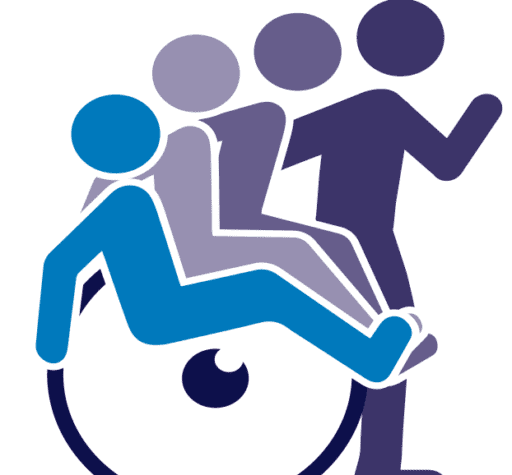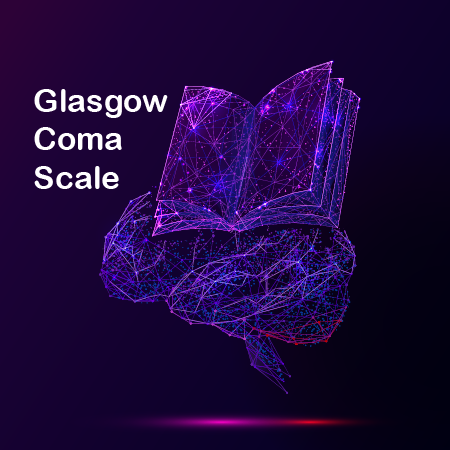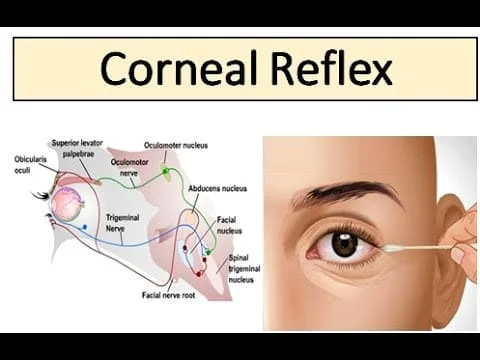Glasgow Coma Scale
Introduction A Clinical scale called the Glasgow Coma Scale (GCS) is used to accurately assess a patient’s level of consciousness following a brain injury. A person is evaluated by the GCS based on their capacity for speaking, moving their body, and making eye motions. The visual, verbal, and motor behaviours comprise the three elements of…





